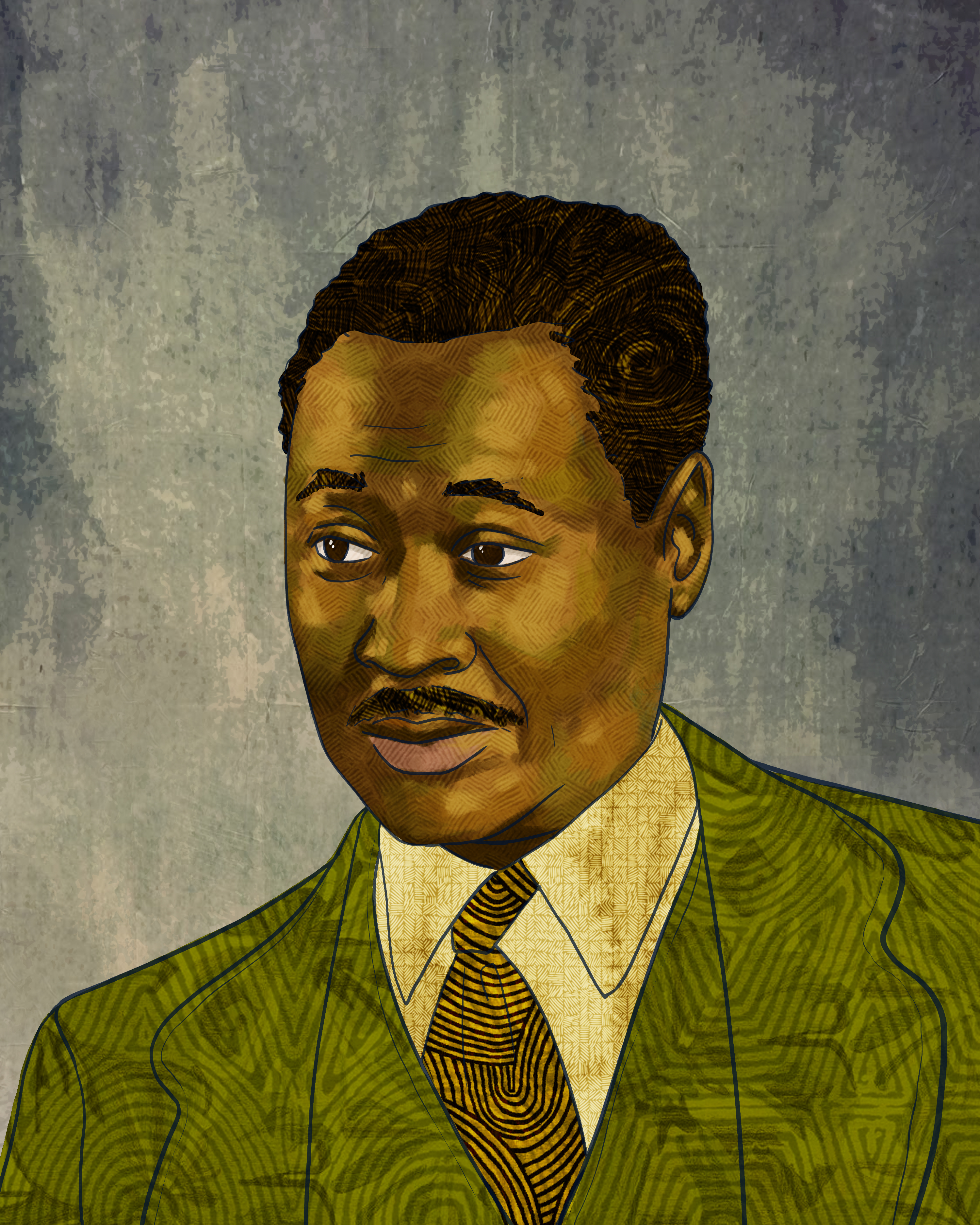
Claude McKay
Biography
Claude McKay moved to Harlem, New York, after publishing his first books of poetry, and established himself as a literary voice for social justice during the Harlem Renaissance. He is known for his novels, essays and poems, including "If We Must Die" and "Harlem Shadows." He died on May 22, 1948, in Chicago, Illinois.
A London publishing house produced McKay's first books of verse, Songs of Jamaica and Constab Ballads, in 1912. McKay used award money that he received from the Jamaican Institute of Arts and Sciences to move to the United States.He studied at the Tuskegee Institute(now Tuskegee University) and Kansas State College for a total of two years.In 1914, he moved to New York City, settling in Harlem.
McKay published his next poems in 1917 under the pseudonym Eli Edwards. More poems appeared in Pearson's Magazine and the radical magazine Liberator. The Liberator poems included "If We Must Die," which threatened retaliation for racial prejudice and abuse; this quickly became McKay's best-known piece of work. McKay then left the United States for two years of European travel. In 1920, he published a new collection of poems, Spring in New Hampshire, containing "Harlem Shadows."